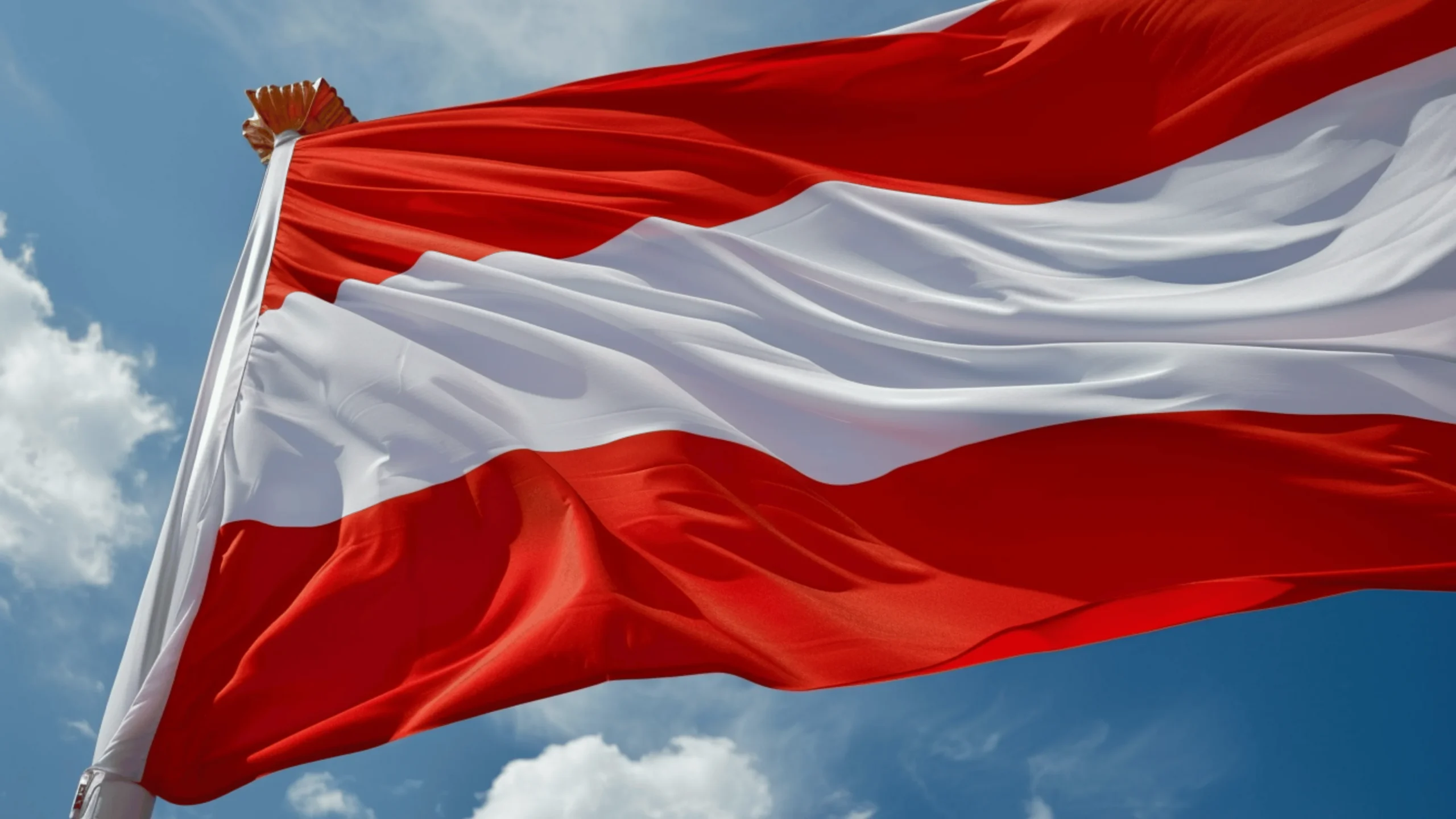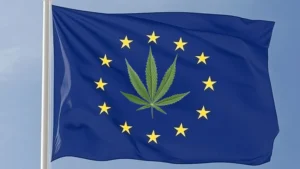If lately you’ve been asking “Is CBD legal in Austria?”, you’ve come to the right place. Understanding whether CBD is legal in Austria is crucial for consumers and businesses alike. According to Austrian law, CBD is legal and can be sold without a prescription as long as it is derived from industrial hemp (not marijuana) and contains less than 0.3% THC. As the popularity of CBD continues to grow in Europe, Austria has also seen an arrival of various CBD products.
The legal status of CBD in Austria is governed by specific regulations that determine how CBD products can be produced, marketed, and sold. The key to understanding the legal status of CBD in Austria is to focus on a few important aspects:
- CBD must be extracted from industrial hemp, not marijuana;
- CBD products must contain less than 0.3% THC;
- Proper labeling and third-party testing are essential to ensure compliance with Austrian regulations.
CBD market entrants that adhere to these legal standards can operate with confidence, knowing they are compliant with Austrian laws. If you’re considering entering the CBD market in Austria, understanding these legal requirements is the first step in building a successful and competitive CBD business.
Is cannabidiol (CBD) legal in Austria?
In short – yes, CBD is legal in Austria, but it is subject to specific regulations to ensure compliance. CBD products in Austria must be derived from industrial hemp and contain less than 0.3% THC, the psychoactive component of cannabis.
While the sale of CBD oil and other CBD products is allowed, they cannot be marketed as medicines or dietary supplements but rather as flavored goods or raw materials. The Austrian government has also banned the incorporation of CBD in food and cosmetic products under novel food regulations, pending further safety assessments. These differentiations are very important for manufacturers and sellers who wish to avoid legal complications.
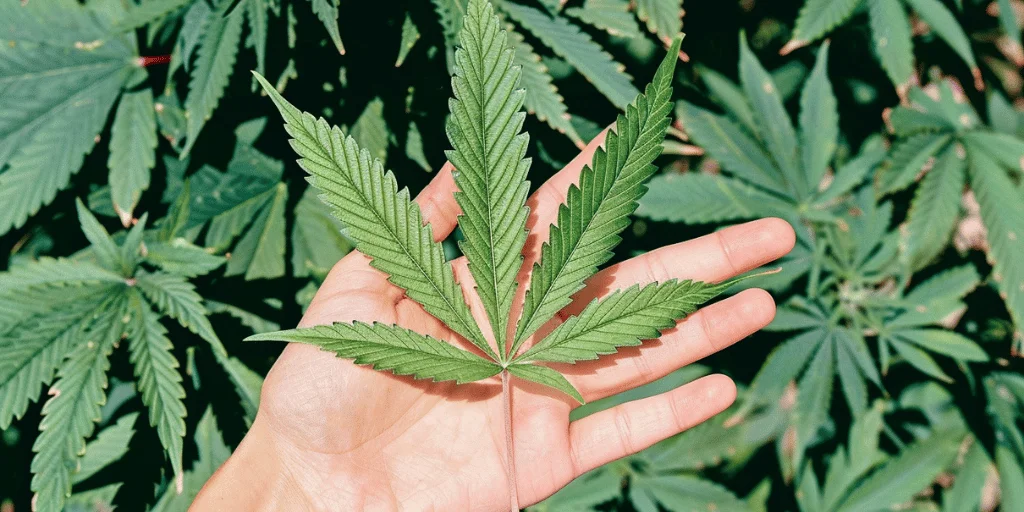
Which other cannabinoids are legal in Austria?
The EU has not yet ruled on other cannabinoids like CBG, CBC and CBN, leading to these receiving the same general treatment as CBD in Austria and mostly elsewhere.
The Austrian government, in particular, does not make special admissions to these mentioned cannabinoids. As a result, the primary requirement for hemp products containing CBG, CBC and CBN is that they contain less than 0.3% THC. Given the overall approach the Austrian government has taken toward these cannabinoids, it’s probably unlikely that they will be the subject of any further official attention until otherwise required by the whole European Union.
In short, there are no specific Austrian regulations that differentiate CBG, CBC or CBN from other cannabinoids, meaning that as long as the THC content is within the legal limit, products containing those cannabinoids can be imported, marketed, and sold under the same conditions as CBD. For businesses, this regulatory environment provides a relatively straightforward path to compliance.
Is THC legal?
Austria decriminalized the possession of up to 20 grams of cannabis in 2016, so the personal possession of small amounts of cannabis is tolerated.
In 2008, Austria initiated a selective medical cannabis program as part of its efforts to research cannabis for medical purposes. However, obtaining a medical marijuana prescription from the Austrian government is a lengthy and tiring process, with very few applicants receiving approval. For those who are approved as medical cannabis patients in Austria, the regulations are so complex that many continue to rely on their own since possession of distribution quantities of cannabis is permissible under Austrian decriminalization law.
Latest CBD regulations in Austria
The latest CBD regulations in Austria continue to maintain a progressive approach towards the legalization and sale of CBD products. Austrian authorities require that all CBD products must contain less than 0.3% THC. CBD derived from industrial hemp is legal, provided it complies to this THC limit.
However, products containing CBD still cannot be marketed as medicines or dietary supplements due to strict novel food regulations. This classification means that CBD foods and cosmetics are not currently permitted on the market. Instead, CBD oils and other products must be labeled as flavored goods or raw materials.
2025 update
As of 2025, there have been no significant changes to the legal status of CBD in Austria. CBD products derived from industrial hemp containing less than 0.3% THC remain legal. However, these products cannot be marketed as food supplements or medicines – instead, they must be labeled as flavored goods or raw materials.
Is it allowed to use CBD as a food supplement in Austria?
In 2018, the Austrian government introduced regulations applicable to novel foods, under which food and cosmetic products containing CBD were banned. This drastic move was aimed at ensuring consumer safety and effective quality control. Despite this regulation, Austrian citizens can still buy hemp products with CBD if these products contain less than 0.3% THC. The main change is that manufacturers and sellers cannot label their products as medicines or dietary supplements.
This means that it is currently illegal to sell CBD foods or capsules in Austria. Nevertheless, it is still possible to buy CBD oil, provided it is properly labeled. The Austrian government explained its decision to tighten regulations on CBD by emphasizing the lack of effective quality control over CBD products.
While the ban on CBD foods and cosmetics restricts certain market segments, the legal sale of CBD oil remains a potentially profitable business. It is essential for businesses to comply with labeling requirements and ensure that their CBD products meet the legal THC limit of 0.3%.
What CBD products are legal?
In Austria, CBD products are legal as long as they meet specific regulatory criteria. The primary requirement is that these products must contain less than 0.3% THC. CBD derived from industrial hemp that adheres to this THC limit is permitted. The types of CBD products that are legal include:
- CBD oils: these can be sold as long as they are properly labeled and do not make medicinal claims. They must be marketed as flavored goods or raw materials rather than dietary supplements or medicines.
- Topical products: creams, balms, and lotions infused with CBD are allowed as long as they comply with the THC limit and are not marketed as cosmetics under the novel food regulation.
- Vaping products: CBD e-liquids and disposable CBD vapes are legal, provided they meet the same THC and labeling criteria.
However, certain CBD-infused products, such as food and beverages, are not allowed under current regulations due to their classification as novel foods. These items require further approval from the European Commission before they can be legally marketed.
Businesses must ensure that all their CBD products are accompanied by thorough lab reports from reputable sources to verify compliance with Austrian regulations. This includes confirming the legal THC content and that there are no harmful contaminants. By adhering to these guidelines, you can legally market and sell CBD products in Austria, contributing to the growth of a safe and regulated CBD market.
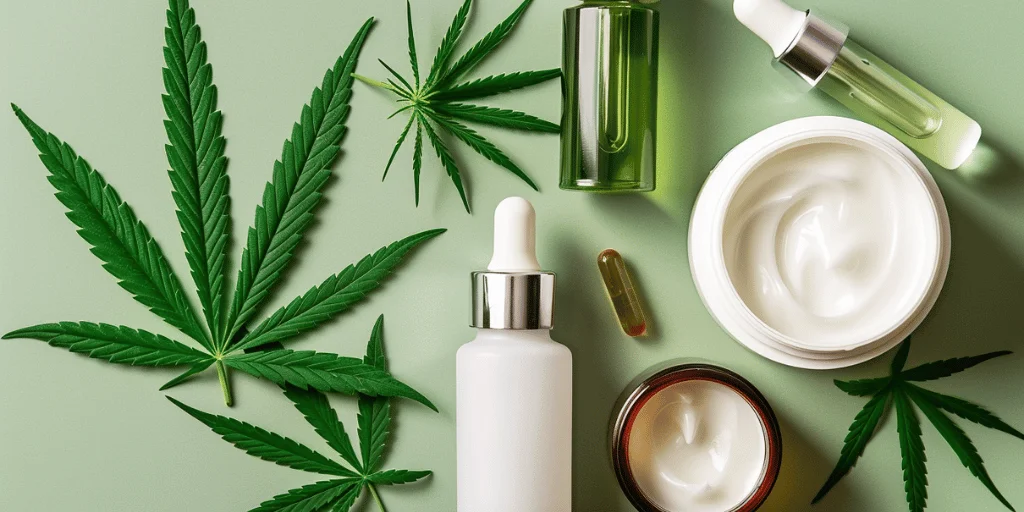
2024 update
In Austria, the legal status of CBD has remained mostly unchanged in recent years, allowing the CBD business to grow. This stability in regulations has provided a helpful environment for CBD businesses to grow and innovate within the CBD market. However, Austrian authorities remain cautious regarding CBD as a novel food. CBD-infused products must undergo strict evaluations to ensure safety and proper labeling, reflecting Austria’s commitment to consumer protection and regulatory compliance.
Novel Food Regulation in relation to CBD
The Novel Food Regulation plays an important role in determining the legality of CBD in Austria. This regulation requires that foods with insufficient historical consumption within the European Community before 15 May 1997 undergo a safety assessment before they can be marketed. Under this regulation, substances are classified as novel if they lack a significant history of consumption.
While Cannabis sativa is listed as “non-novel” in the EU’s public Novel Food Catalog, meaning its individual parts can be used without restriction, CBD as a single substance is assessed as a novel food. Since CBD has not yet received authorization under the Novel Food Regulation, it is not marketable as food. An application for approval of CBD as a novel food has been submitted to the EU Commission, but until approval is granted, CBD’s marketability remains restricted.
The production method of CBD products significantly impacts their legal status:
- No novel food: if the CBD content in the product matches the CBD content in the source plant, the product is considered marketable, provided it complies with further regulations applicable to its product group.
- Novel food: if the CBD content in the product does not correspond to the CBD content in the source plant, the product is not marketable as food.
Complying with the Novel Food Regulation can be challenging but is necessary to ensure legal market entry and product sustainability. By adhering to these guidelines, you can confidently develop and market your CBD products in Austria, focusing on methods that align with regulatory requirements.
Can you legally import products containing cannabinoids into Austria?
Imports of cannabinoid products into Austria are generally permitted, provided they adhere to Austrian and EU import guidelines and contain less than 0.3% THC. Austrian authorities focus on ensuring that these products comply with strict quality standards, and they are unlikely to raise concerns if the products are produced by professional laboratories and are accompanied by comprehensive lab reports.
Products must not only meet the THC limit but also be backed by thorough lab testing to verify their safety and compliance. These lab reports should detail the product’s cannabinoid profile, confirm the absence of harmful contaminants, and demonstrate adherence to legal THC limits.
Key considerations for importing CBD products into Austria include:
- Ensuring the THC content is less than 0.3%;
- Obtaining comprehensive lab reports from reputable laboratories;
- Adhering to all Austrian and EU import guidelines.
By meeting these requirements, you can ensure that your products are accepted without issues at customs and can be legally sold in the Austrian market. This focus on compliance helps maintain high standards of quality and safety, which are crucial for building consumer trust and expanding market share.
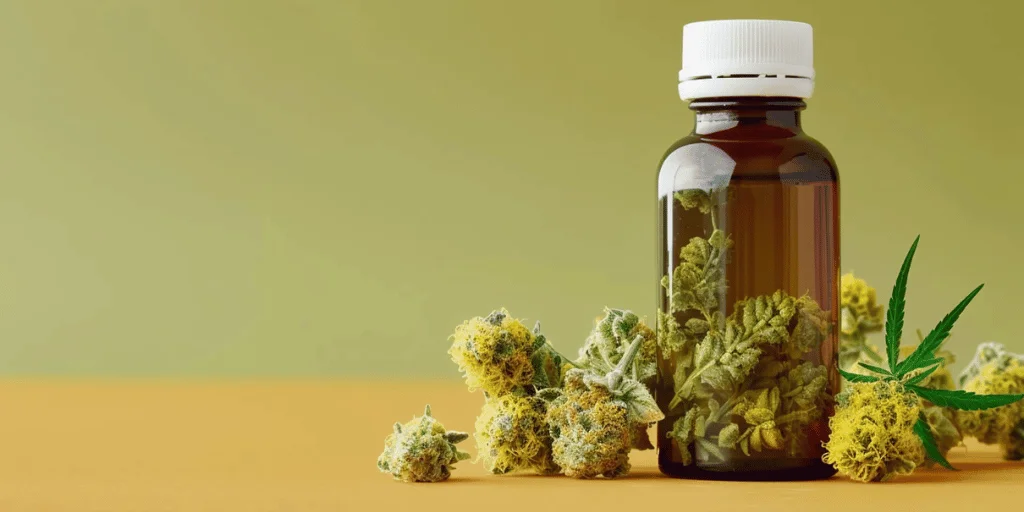
Strategic entry into Austria’s CBD market
For those planning to start a CBD business, choosing a reliable supplier is crucial. It’s advisable to work with trusted and accredited companies to ensure compliance with national and EU regulations. Hempo Solutions is an excellent choice for wholesale CBD extracts. We ensure strict adherence to regulations and offer high-quality CBD products, making us a trusted partner for your CBD business.
We take pride in complying with both national and EU regulations, ensuring that our products meet the highest standards of quality and safety. We can provide the necessary support and guidance on regulations in Austria and other EU member states. For any questions regarding the bulk sale of CBD oil and other products, as well as CBD legal questions, please contact us so we can provide valuable assistance. By choosing reputable suppliers like us, you can confidently enter the CBD market in Austria.
Recap on CBD legality in Austria
Entering the CBD market in Austria offers promising opportunities, but it requires a careful understanding of the legal landscape to ensure compliance and success. We hope that this helped you to understand the legal status of CBD in Austria better.
Here’s a comprehensive recap of CBD legality in Austria for market entrants:
- All CBD products must contain less than 0.3% THC to be legal;
- CBD must be derived from industrial hemp, which is legal under Austrian regulations;
- CBD oil is legal if properly labeled as flavored goods or raw materials. It cannot be marketed as a dietary supplement or medicine;
- CBD-infused foods, beverages and edibles are currently banned.
Entrepreneurs and investors should view Austria as a promising market for CBD, recognizing the potential for big economic impact and regulatory evolution. By engaging with policymakers and showcasing the benefits of a regulated CBD industry, stakeholders can help lead the way for a more successful market. This proactive approach will not only benefit businesses but also enhance public understanding and acceptance of CBD in Austria.
Featured Articles

Blog Home
No Content
